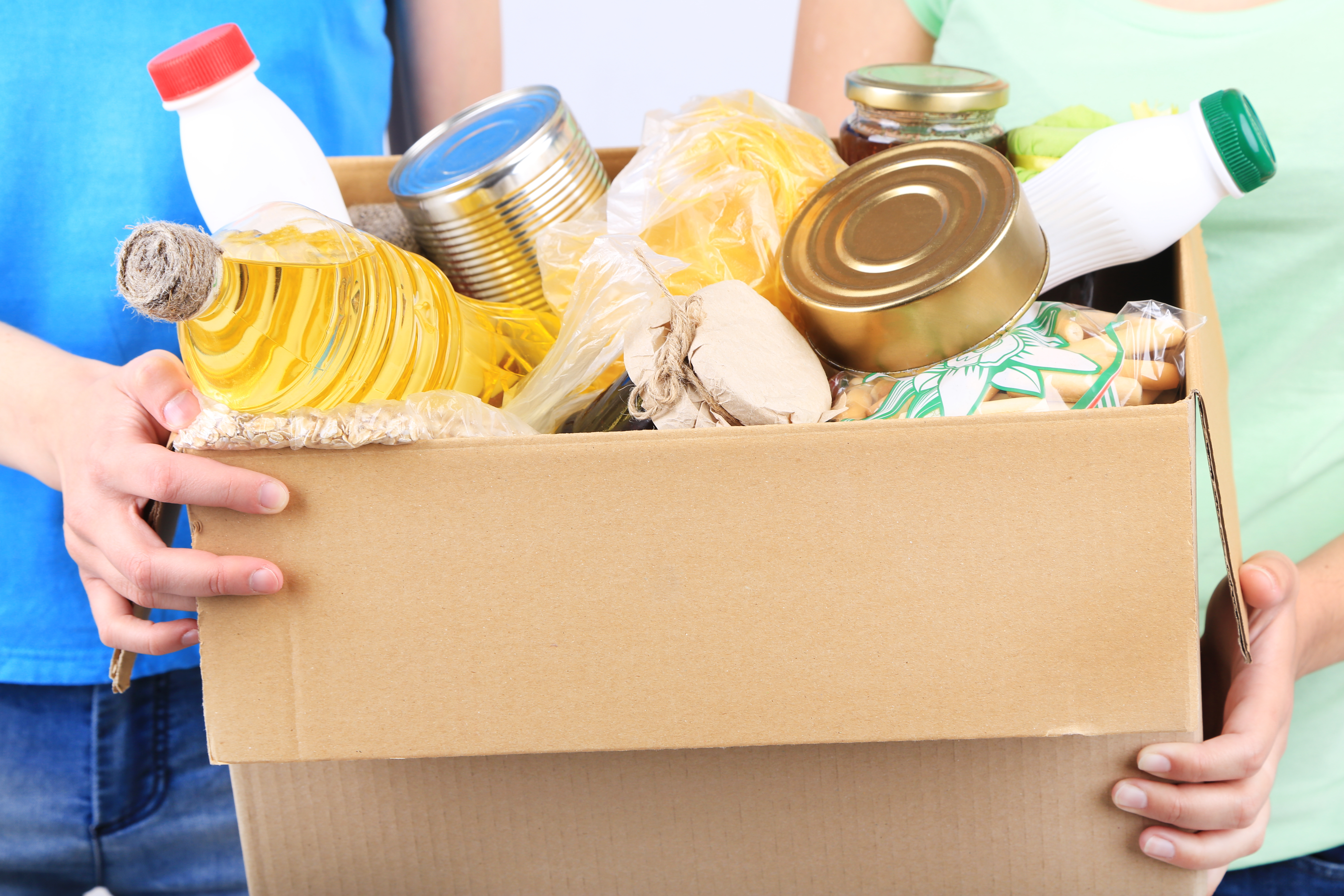Part of the Food Policy Snapshot Series
Policy Name:
HB 186: “An Act relating to the donation of food; and relating to food banks.”
Location:
Alaska
738,068 (World Population Review, 2018)
Overview:
Well-meaning people and organizations are often inhibited from donating food due to liability concerns. HB 186 extends the protections established by the 1996 Bill Emerson Good Samaritan Food Donation Act and further reduces liability for those making food donations. Significantly, the bill includes unsold hot food, making it easier for restaurants to donate leftover food that is still fit for consumption at the end of the day.
Progress to date:
N/A
Program/Policy Initiated:
January 24, 2018
Food policy category:
Food services
Program goals:
The program seeks to increase the quantity of donations made to food banks and other charitable organizations, thereby improving food security for the state’s underserved population.
How it works:
The bill outlines several scenarios in which it is permissible to donate food without fear of liability. Under the following circumstances, if a recipient of the donated food items suffers from injury or death, the person or organization who donated the food is not subject to civil or criminal liability:
- The label on the food is missing or the food is otherwise misbranded.
- The food, if offered for sale commercially, would not be readily marketable because of appearance, grade, or because it is surplus.
- A date on the food indicating when the food is best eaten by or used by has expired.
Donors of hot food, such as restaurants, are immune from liability as long as the following criteria are met:
- At the time the food is donated, the food is apparently fit for human consumption.
- The donor labels the food with a statement that reads: “This food has been previously heated. Best if kept frozen until ready to eat.”
Food banks and other charitable organizations are also immune from liability as long as they meet the following requirements:
- The food bank or charitable organization inspects the food received in a reasonable manner and finds it to be fit for human consumption at the time of distribution.
- The food bank or charitable organization has no knowledge at the time the food is distributed that it is adulterated, tainted, contaminated, or would be harmful to the health or well-being of an individual consuming it.
- The injury or death is not a direct result of the negligence, recklessness, or intentional misconduct of the food bank or charitable organization.
Why it is important:
The bill has the potential to improve food security for underprivileged Alaskans while also reducing food waste. According to the Food Bank of Alaska, around 1 in 7 Alaskans struggles with hunger, and 1 in 9 participates in SNAP annually.
The USDA reports that about one-third of all food produced for human consumption is lost or wasted in the United States. That equals 133 billion pounds and amounts to almost $162 billion each year. According to the EPA, 10% of food waste comes from unsold food at grocery stores, and 26% of waste is created in restaurants. Much of that food is safe to eat, but people and businesses often throw it out instead of donating it for fear of liability. If even a small percentage of that food were donated instead of dumped into a landfill, it could alleviate hunger for those who need it most.
Evaluation:
N/A
Learn more:
https://www.akleg.gov/basis/Bill/Detail/30?Root=HB%20186
Point of Contact:
Dave Talerico (Representative who introduced the bill)
Similar practices:
The 1996 Bill Emerson Good Samaritan Food Donation Act was the first step in reducing liability for those making food donations. In October 2017, California clarified and extended those protections in the California Good Samaritan Food Donation Act. Internationally, states such as New South Wales, Australia and Ontario, Canada have passed similar “Good Samaritan” laws.
References:
https://worldpopulationreview.com/states/alaska-population
https://www.akleg.gov/basis/Bill/Text/30?Hsid=HB0186A
https://www.gpo.gov/fdsys/pkg/PLAW-104publ210/pdf/PLAW-104publ210.pdf
https://www.foodbankofalaska.org/hunger-in-alaska/facts
https://www.usda.gov/oce/foodwaste/faqs.htm
https://www.akleg.gov/basis/Bill/Detail/30?Root=HB%20186
https://www.gpo.gov/fdsys/pkg/PLAW-104publ210/pdf/PLAW-104publ210.pdf
https://leginfo.legislature.ca.gov/faces/billTextClient.xhtml?bill_id=201720180AB1219
https://www.legislation.nsw.gov.au/#/view/act/2005/16/sch1
https://www.ontario.ca/laws/statute/94d19


